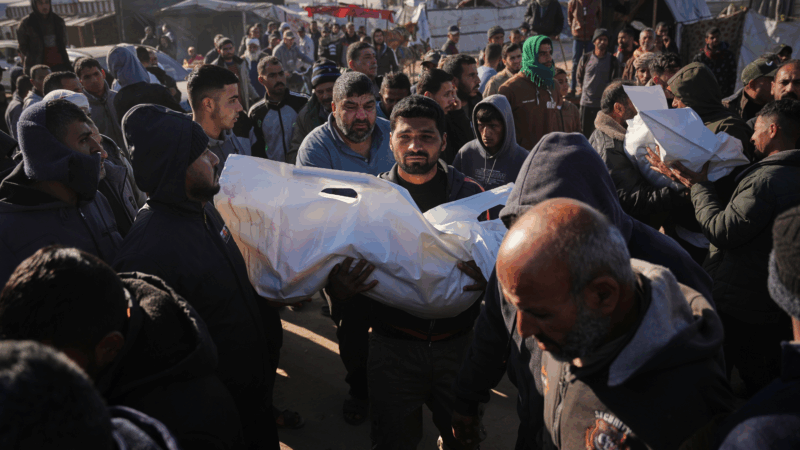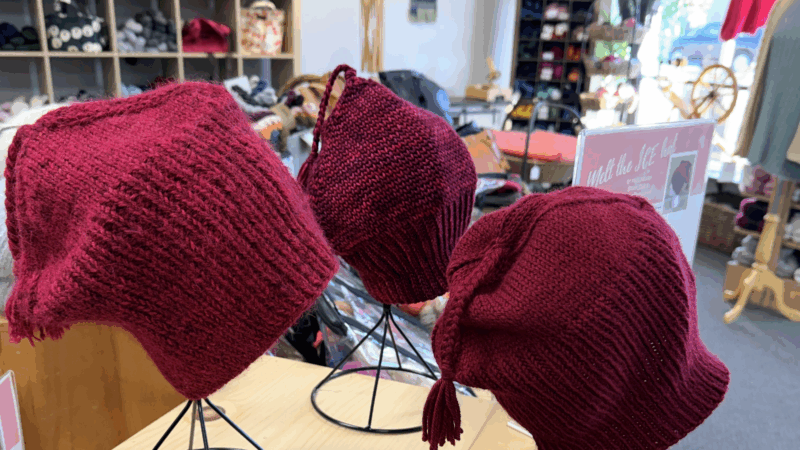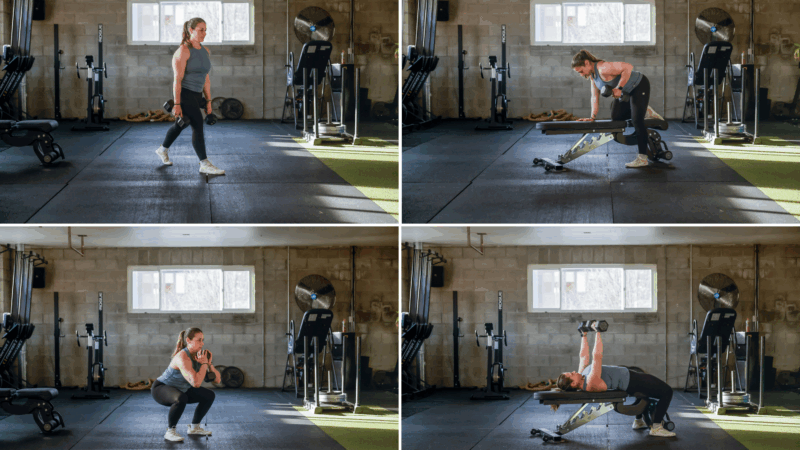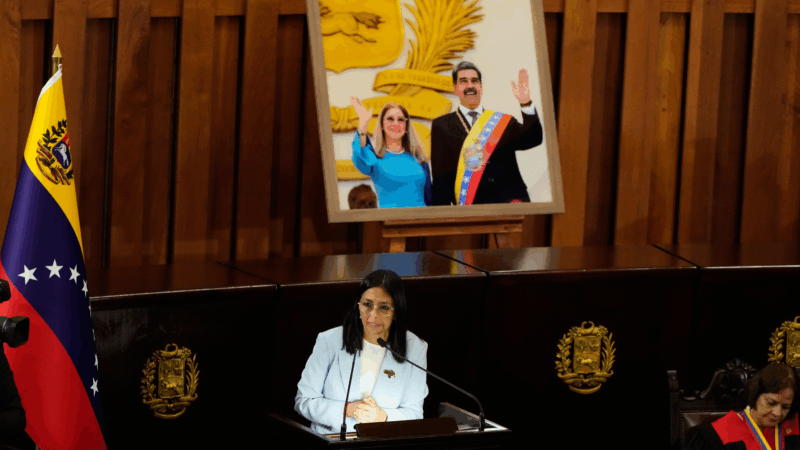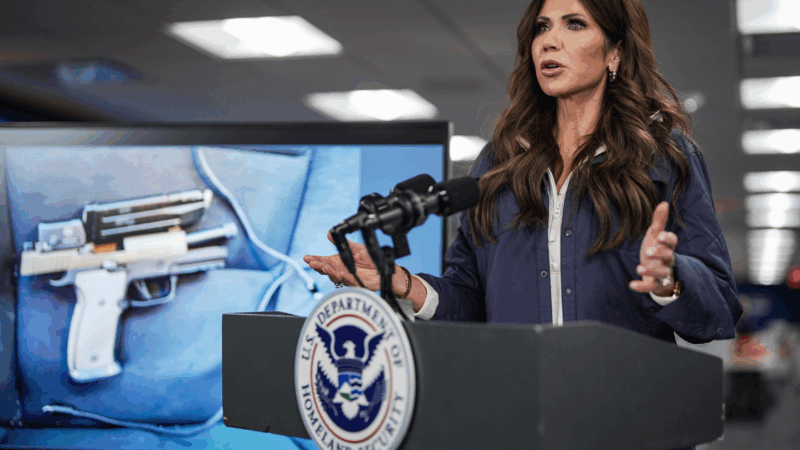StoryCorps: “The first time I felt intelligent…”
StoryCorps is an oral history project that records the life stories of people from all backgrounds and beliefs. Each year the StoryCorps MobileBooth visits cities and towns across the country to record the stories of the people who live there. They came to Birmingham in 2019.
Karon Bullock fell in love with the outdoors when she attended science camp in the fifth grade. She was soon hiking, biking, or running daily, but a diagnosis of rheumatoid arthritis at the age of 24 changed her relationship with the outdoors. Karon came to StoryCorps with her husband Joel.
Joel Bullock (JB): What sparked your interest in the outdoors?
Karon Bullock (KB): I hated school. I was not very good at just sitting still. I really wasn’t considered smart. And so elementary school was miserable. But for some reason, I just knew that things are going to be awesome at camp. And I can remember walking through the canyon and seeing the rocks and the layers of the cliff and the teacher Mr. Rice was talking about the layers of the limestone and the slate. And I could remember like raising my hand to ask a question and a few of my peers groaning and then I asked it. And for the first time ever I heard, “That’s a really thoughtful question.” And then later he asked a question and I raised my hand. And I answered correctly and that was the first time I felt intelligent.
From there, I was just really interested in exploring the world around me and… All throughout high school, I ran track and field. I was a hurdler – would like run track until 4:00 or 5:00 in the afternoon I would then easily hop on my bike and ride into this boulder field and I would climb until sunset and then get home late and start homework.
JB: How did your love for the outdoors affect your choice of college or area study?
KB: That’s how I decided on going to Colorado State. I was in the College of Natural Resources. And I just I fell in love with it because suddenly I just wasn’t this standout misfit.
JB: So around the same time you began to realize that what was thought to be a series of injuries was something more complicated.
KB: My shoulders and elbows and wrists were so inflamed. I couldn’t lift a glass of water to my mouth. Finally, a doctor saw me… and that’s when he’s like I know exactly what this is. I was then referred to a rheumatologist. And my parents spent most of the time talking with the doctor, not me.
JB: Then, then how did it affect as far as changing your plans for your career?
KB: I learned as my body was failing that I was going to have to do a lot more with my brain. And if I could be teaching outdoors then I could, I could still be outside but not be doing things as hardcore. So, I applied to get my master’s in education, and I knew I loved to teach. But I also knew I hated the classroom and I hated being indoors. So I went into getting my master’s degree very resentful. I was really really angry that my body was failing me. So I found a way to love teaching indoors and bring the outdoors inside as much as possible.
JB: You’ve lived a full life and more to go.
KB: I’m really grateful that I have a few people who’ve stuck with me through all of it and have seen me as a person with more depth than just what I’m able to do. I’m really lucky that I got a second chance at adulting with you.
That was Karon and Joel Bullock’s full conversation is archived at the American Folklife Center at the Library of Congress. This series was produced by Michelle Little with additional editing by Michael Krall.
MUSIC CREDIT: “Elegiac Mix” by Bryan Copeland
FACILITATOR: Jacqueline Van Meter
Israeli strikes kill 23 Palestinians as Gaza ceasefire inches forward
Hospitals in Gaza said Israeli strikes killed at least 23 Palestinians Saturday, one of the highest tolls since the October ceasefire aimed at stopping the fighting.
With decades-long restrictions lifted, a Pakistani brewery has started exporting beer
Drinking is illegal for Pakistan's Muslim majority, but Murree Brewery's beer has long been available to non-Muslims and foreigners there. Now it's being exported to the U.K., Japan and Portugal. Is the U.S. next?
A red hat, inspired by a symbol of resistance to Nazi occupation, gains traction in Minnesota
A Minneapolis knitting shop has resurrected the design of a Norwegian cap worn to protest Nazi occupation. Its owner says the money raised from hat pattern sales will support the local immigrant community.
Want to get stronger? Start with these 6 muscle-building exercises
If you're curious about starting a resistance training routine and not sure to begin, start with these expert-recommended movements.
Venezuela announces amnesty bill that could lead to release of political prisoners
Venezuela's acting President Delcy Rodríguez on Friday announced an amnesty bill that could lead to the release of hundreds of prisoners detained for political reasons.
DHS keeps making false claims about people. It’s part of a broader pattern
Trump administration officials have falsely linked Alex Pretti and Renee Macklin Good to domestic terrorism. It's part of a larger pattern by the Department of Homeland Security.

